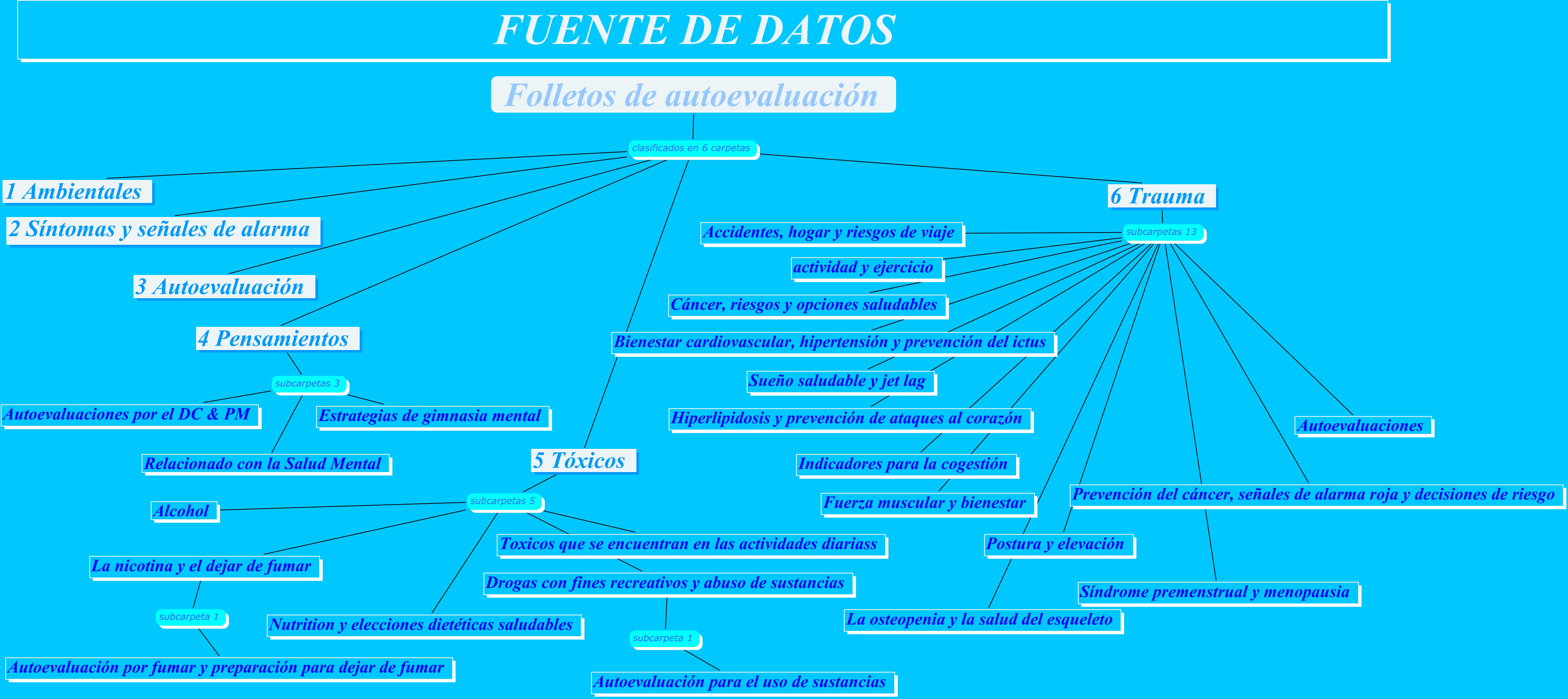Folletos de Autoevaluación
Trauma

Pensamientos
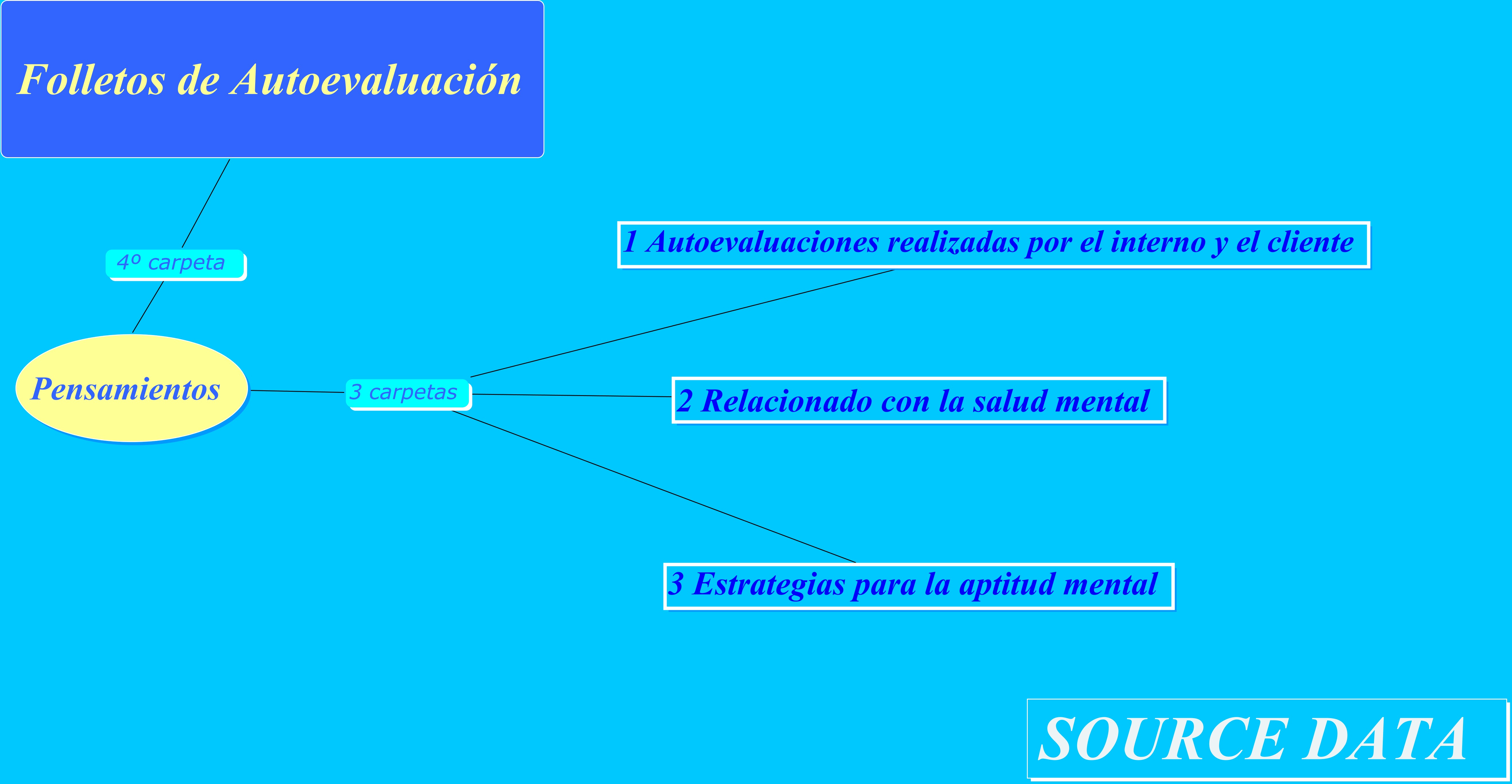
Tóxicos
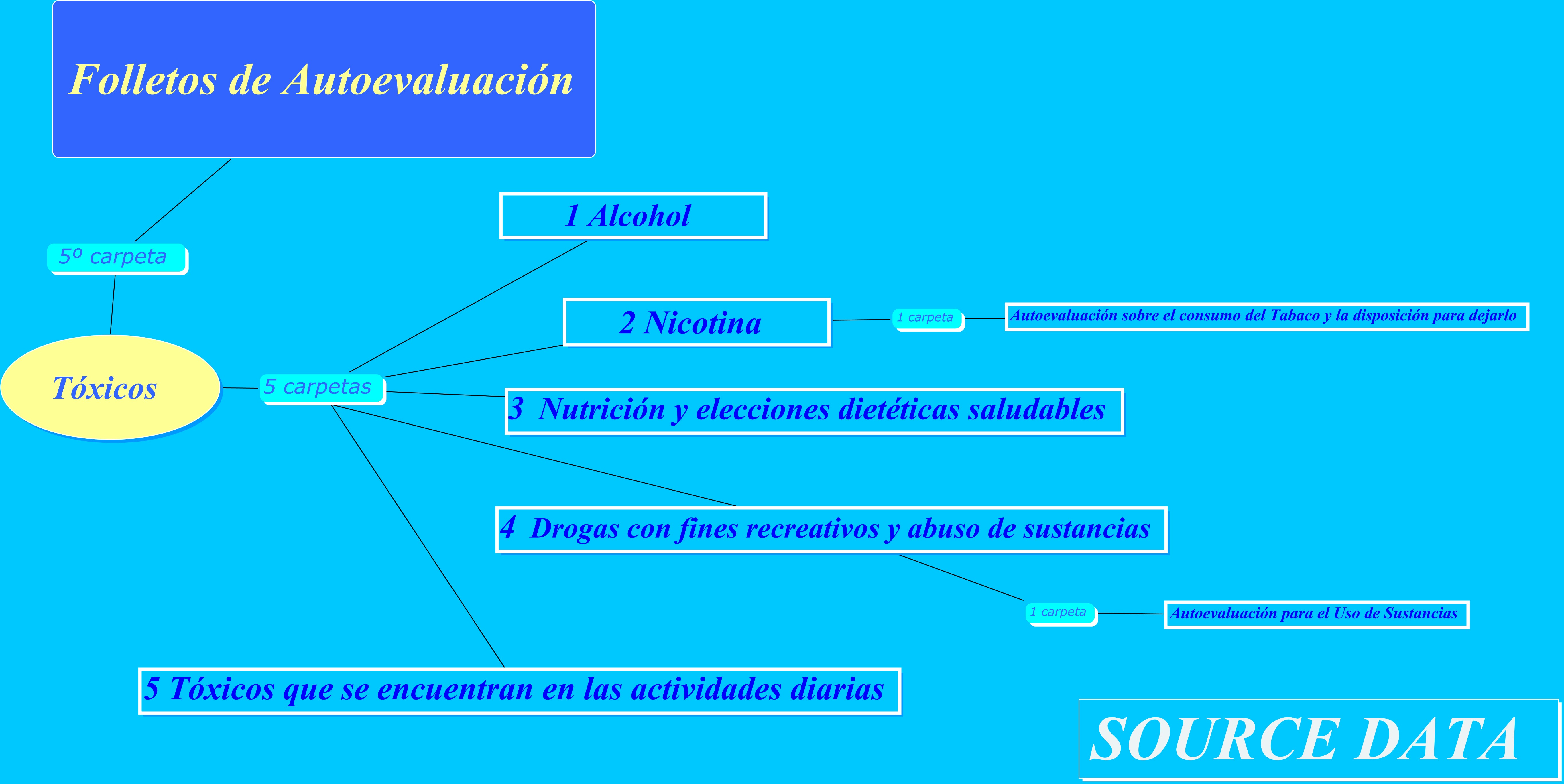
Ambientales
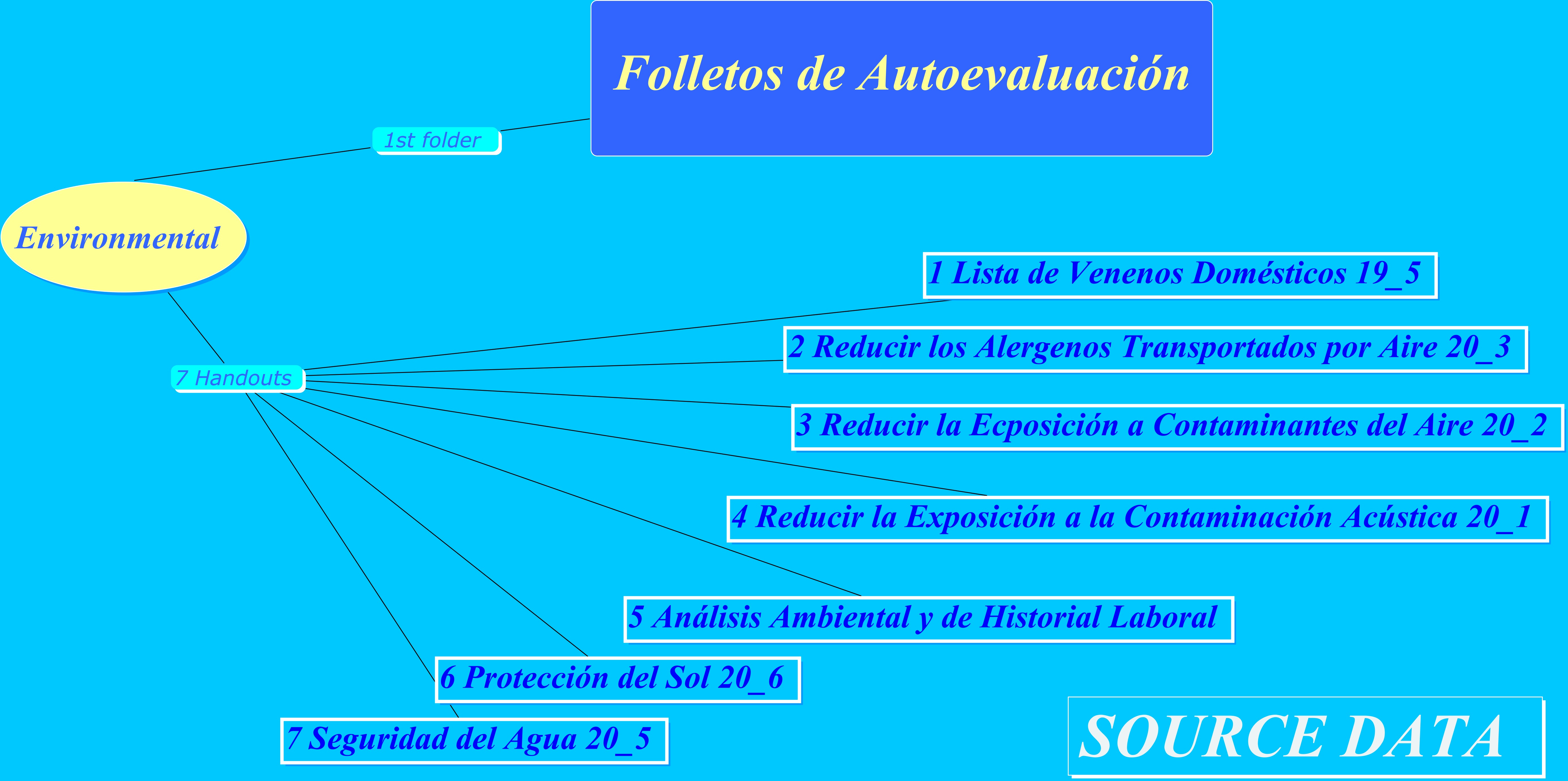
Sintomas y señales de alarma
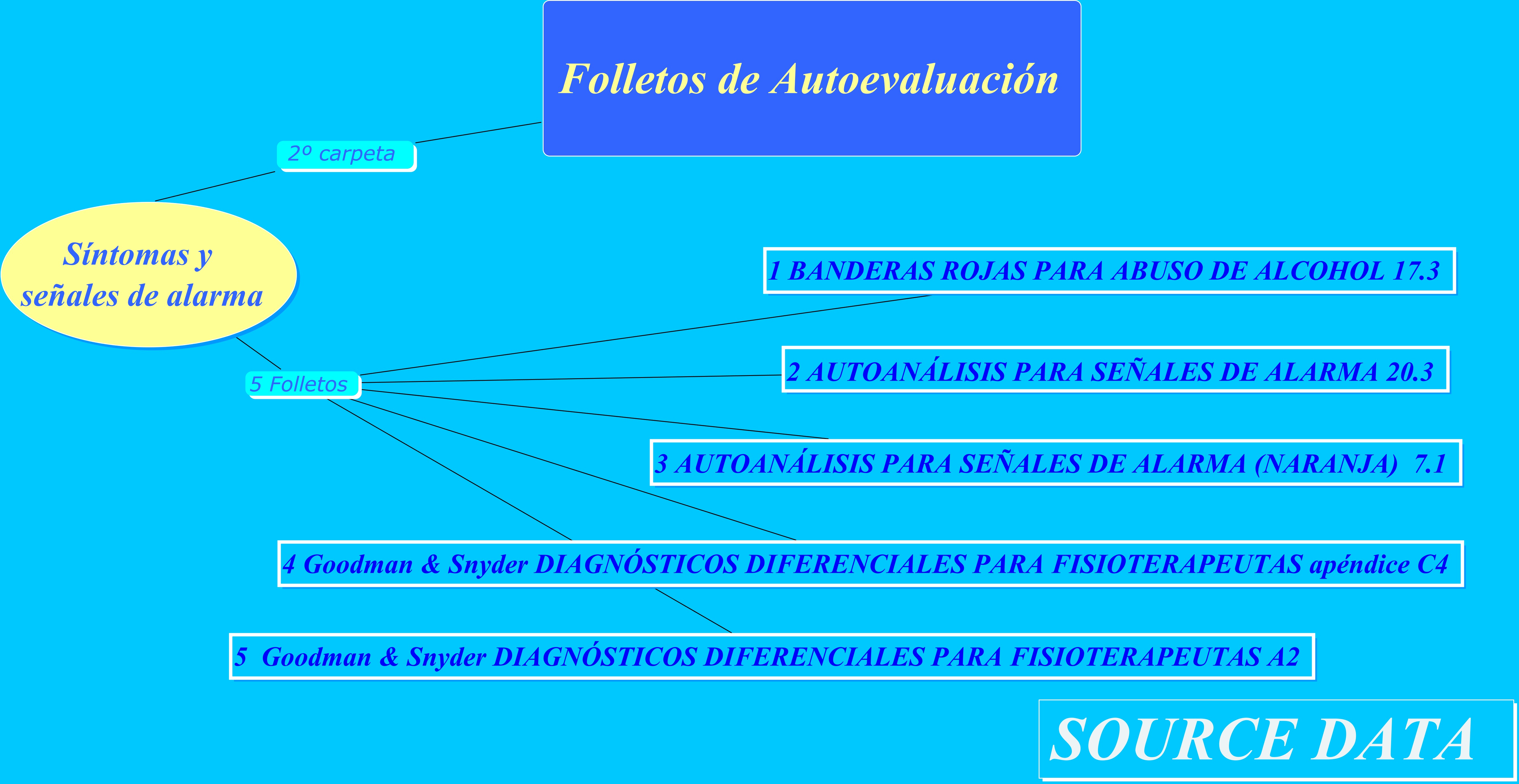
Autoevaluación
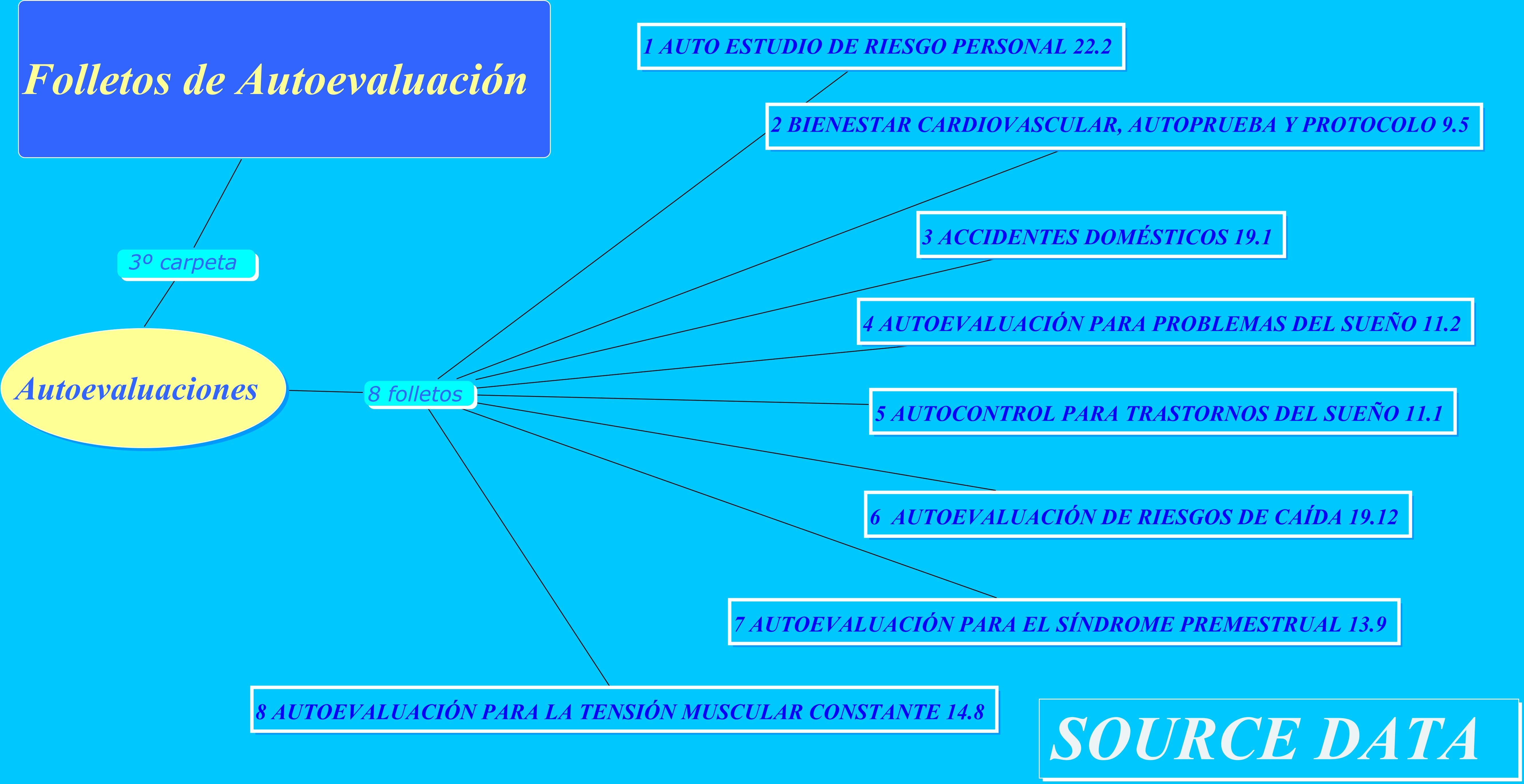
Introducción
ANY serious consideration of a physical theory must take into account the distinction between the objective reality, which is independent of any theory, and the physical concepts with which the theory operates. These concepts are intended to correspond with the objective reality, and by means of these concepts we picture this reality to ourselves.
In attempting to judge the success of a physical theory, we may ask ourselves two questions: (1) "Is the theory correct?" and (2) "Is the description given by the theory complete?" It is only in the case in which positive answers may be given to both of these questions, that the concepts of the theory may be said to be satisfactory. The correctness of the theory is judged by the degree of agreement between the conclusions of the theory and human experience.
This experience, which alone enables us to make inferences about reality, in physics takes the form of experiment and measurement. It is the second question that we wish to consider here, as applied to quantum mechanics.Whatever the meaning assigned to the term conzp/eEe, the following requirement for a complete theory seems to be a necessary one: every element of the physical reality must have a counter part in the physical theory We shall ca. 11 this the condition of completeness. The second question is thus easily answered, as soon as we are able to decide what are the elements of the physical reality.
The elements of the physical reality cannot be determined by a priori philosophical considerations, but must be found by an appeal to results of experiments and measurements. A comprehensive definition of reality is, however, unnecessary for our purpose. We shall be satisfied with the following criterion, which we regard as reasonable. If, without in any way disturbing a system, we can predict with certainty (i.e., with probability equal to unity) the value of a physical quantity, then there exists an element of physical reality corresponding lo this physical quantity. It seems to us that this criterion, while far from exhausting all possible ways of recognizing a physical reality, at least provides us with one such way, whenever the conditions set down in it occur. Regarded not as a necessary, but merely as a sufficient, condition of reality, this
criterion is in agreement with classical as well as quantum-mechanical ideas of reality.

